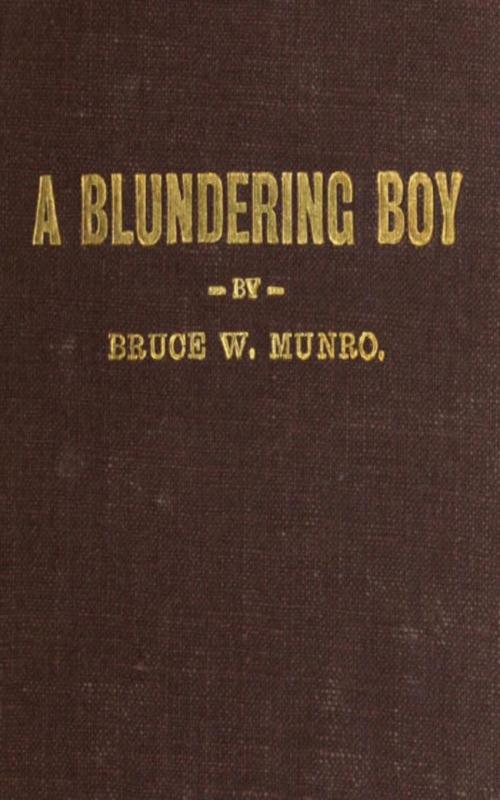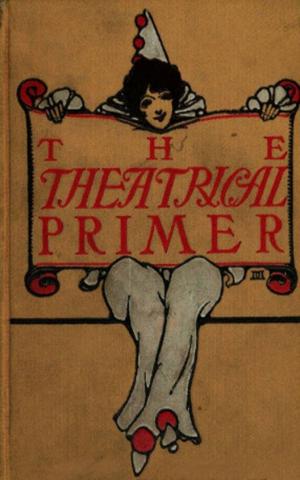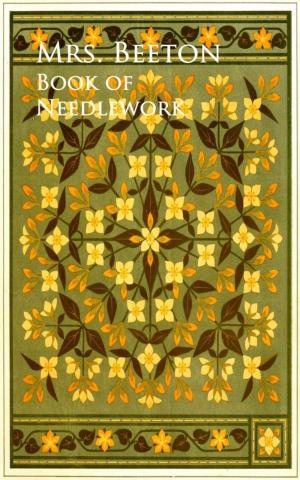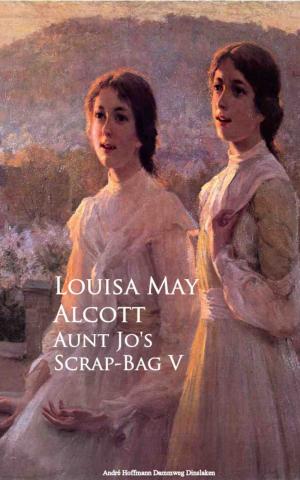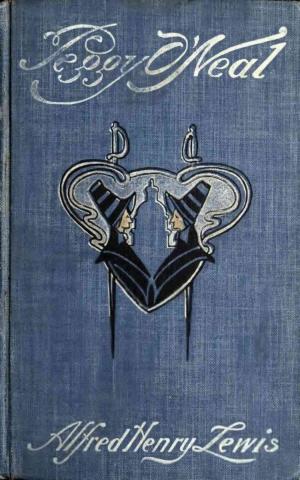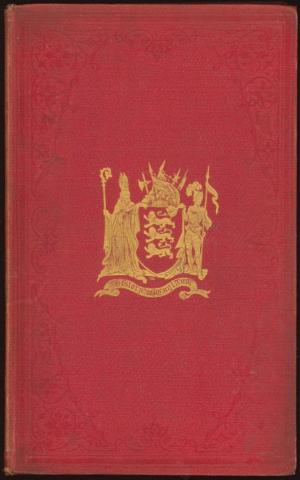| Author: | Bruce Weston Munro | ISBN: | 9783736418448 |
| Publisher: | anboco | Publication: | July 2, 2017 |
| Imprint: | Language: | English |
| Author: | Bruce Weston Munro |
| ISBN: | 9783736418448 |
| Publisher: | anboco |
| Publication: | July 2, 2017 |
| Imprint: | |
| Language: | English |
Silly as this story may seem, there is a fixed purpose in writing it; and, like water in a goose-pond, it is deeper than it at first appears. The intention chiefly is to be absurd; to cast ridicule on certain pedants and romancers; and to jeer at the ridiculous solemnity, mystery, and villainy, that hedge in works of fiction. Disgusted with tales which cause exceedingly good heroes and heroines to live a life of torture, only to find a haven of peace and security in the last line of the last chapter, the writer determined to go over the old ground in a different way. Now that the story is written, however, he has a horrible suspicion that in some measure he has totally failed in his design, and that more often than he cares to own, he has overshot the mark. Having endeavored to make the intention tolerably clear, the reader may now be able to get more enjoyment from this tale. The tale aims to attack so-called "vagaries," as well as great and contemptible follies. It attacks the frailties of the school-boy with as much gusto as it attacks the foibles of the romancer. In fact, from first to last, in almost every chapter, the writer rushes gallantly to attack something. Not satisfied with attempting to ridicule other people's tales, he often indirectly, but not the less insultingly, attacks this one, as the careful reader will doubtless observe. This was begun in jest, perhaps; but it soon became a fixed purpose, carried out in earnest. Even a boy can generally see the drift of our narrative; but it is often hard for the writer himself to see its true meaning—harder still to appreciate it. Nevertheless, there is a good deal to be seen in the story; and doubtless there are[xii] some who will see more in it than was designed to be put there.
Silly as this story may seem, there is a fixed purpose in writing it; and, like water in a goose-pond, it is deeper than it at first appears. The intention chiefly is to be absurd; to cast ridicule on certain pedants and romancers; and to jeer at the ridiculous solemnity, mystery, and villainy, that hedge in works of fiction. Disgusted with tales which cause exceedingly good heroes and heroines to live a life of torture, only to find a haven of peace and security in the last line of the last chapter, the writer determined to go over the old ground in a different way. Now that the story is written, however, he has a horrible suspicion that in some measure he has totally failed in his design, and that more often than he cares to own, he has overshot the mark. Having endeavored to make the intention tolerably clear, the reader may now be able to get more enjoyment from this tale. The tale aims to attack so-called "vagaries," as well as great and contemptible follies. It attacks the frailties of the school-boy with as much gusto as it attacks the foibles of the romancer. In fact, from first to last, in almost every chapter, the writer rushes gallantly to attack something. Not satisfied with attempting to ridicule other people's tales, he often indirectly, but not the less insultingly, attacks this one, as the careful reader will doubtless observe. This was begun in jest, perhaps; but it soon became a fixed purpose, carried out in earnest. Even a boy can generally see the drift of our narrative; but it is often hard for the writer himself to see its true meaning—harder still to appreciate it. Nevertheless, there is a good deal to be seen in the story; and doubtless there are[xii] some who will see more in it than was designed to be put there.
